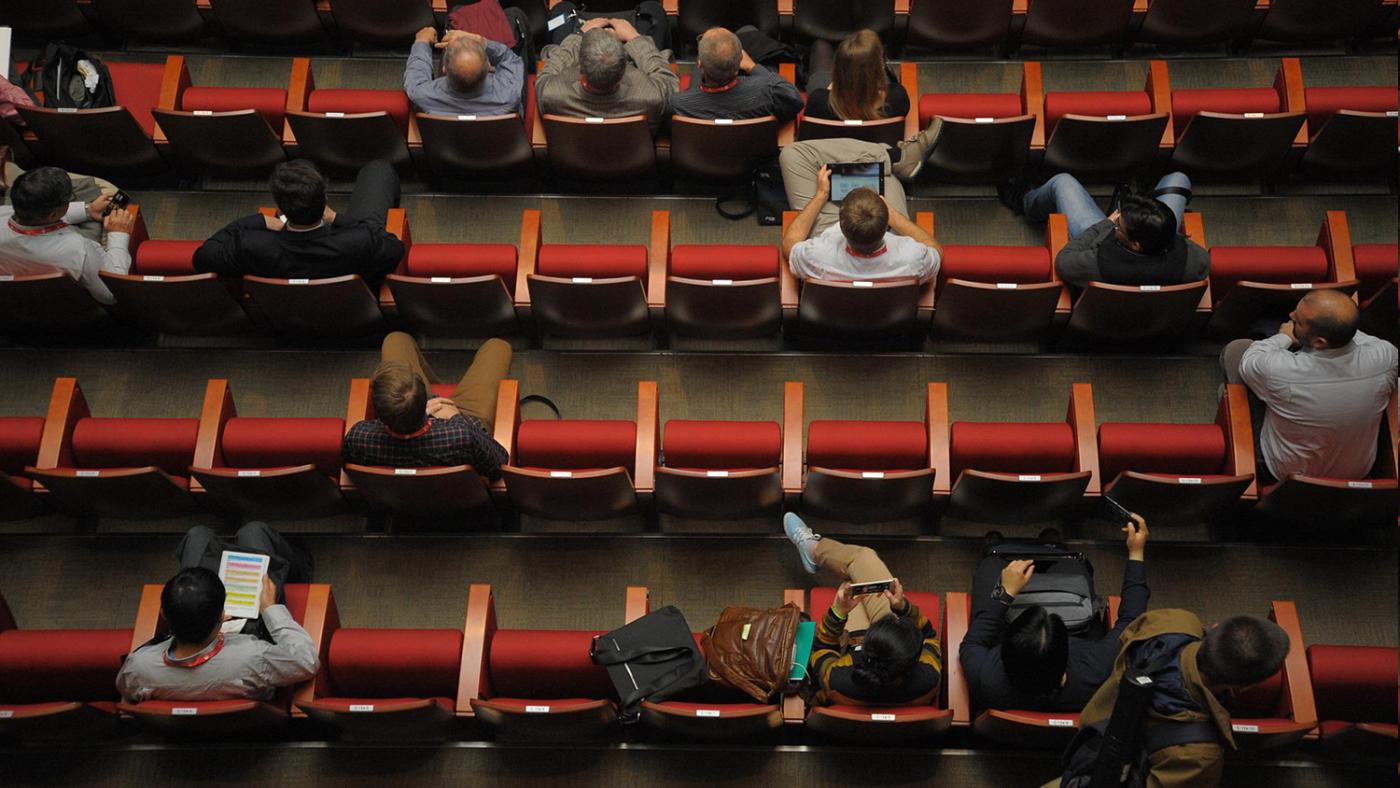Discussion on BSA
Minister of Education: mental health is the most important thing

In May, Minister Dijkgraaf announced he was planning to submit a bill to reduce the number of credits demanded in the first year (also know as Binding Study Advice, or BSA) for the benefit of students' mental health. This would mean that, as of 2025, first-year students would only be required to obtain 30 out of 60 credits. In the second year, they would have to obtain a minimum of 30 credits again.
In a written consultation, it emerged that several parties in the House of Representatives have their doubts about this idea, echoing the opinion of Dutch universities. However, the minister is not backing down because he is not convinced by the criticism and because student organisations do welcome his plans.
Figures
Several parties asked him to substantiate the plans using figures. VVD, which radically opposes the proposal, asked him why he opted for such a low number of credits and if he was not worried that the drop-out rate would increase in later years as a result.
Dijkgraaf replies that the 45 credits demanded right now demand too much of students because they are already facing a range of new and potentially stressful experiences, such as finding a place to live and learning how to study at the university level. Another argument is that students from outside the European Economic Area currently have to obtain 30 credits to keep their residence permits. Dijkgraaf thinks it would be fair for the same norm to apply to everyone.
As for the drop-out rate, there is no consensus on this, states the minister. Universities of The Netherlands (UNL) reports that, during the pandemic, senior students with a provisional BSA obtained ten percent fewer credits than those who had met the BSA norm. However, research by universities of applied sciences Fontys and Zuyd has shown the opposite. In other words, the drop-out rate is difficult to predict. According to the minister, a “healthy balance between wellbeing and study progress” remains the most important argument to lower the BSA norm.
Referral
GroenLinks identifies a number of ways to improve the proposal, stating that the "referral function of the BSA" leaves something to be desired. If students fail to complete their first year, where are they to go? The institutions are said to be of very little help in this respect.
Dijkgraaf agrees that more standards should apply to such a conversation about the BSA. He wants to take the next few months to discuss with institutions and students what these standards should look like.
Monitor
GroenLinks and D66 do support the new proposal because they believe it could decrease the pressure felt by students and, therefore, improve their mental health. What’s more, research from Radboud University has shown that certain groups of students, such as those with a migration background, those with a disability and those coming from abroad are impacted to a greater extent by a strict BSA. GroenLinks and D66 asked the minister if this is being taken into consideration.
Dijkgraaf confirmed that it is, adding that it’s “of the utmost importance” for everyone to be able to study, “regardless of their personal background or impairments”. In the minister's view, students who fall victim to excessive pressure to perform or mental health issues could benefit from a lower BSA. Once the law becomes effective, he would like to measure if this really the case.